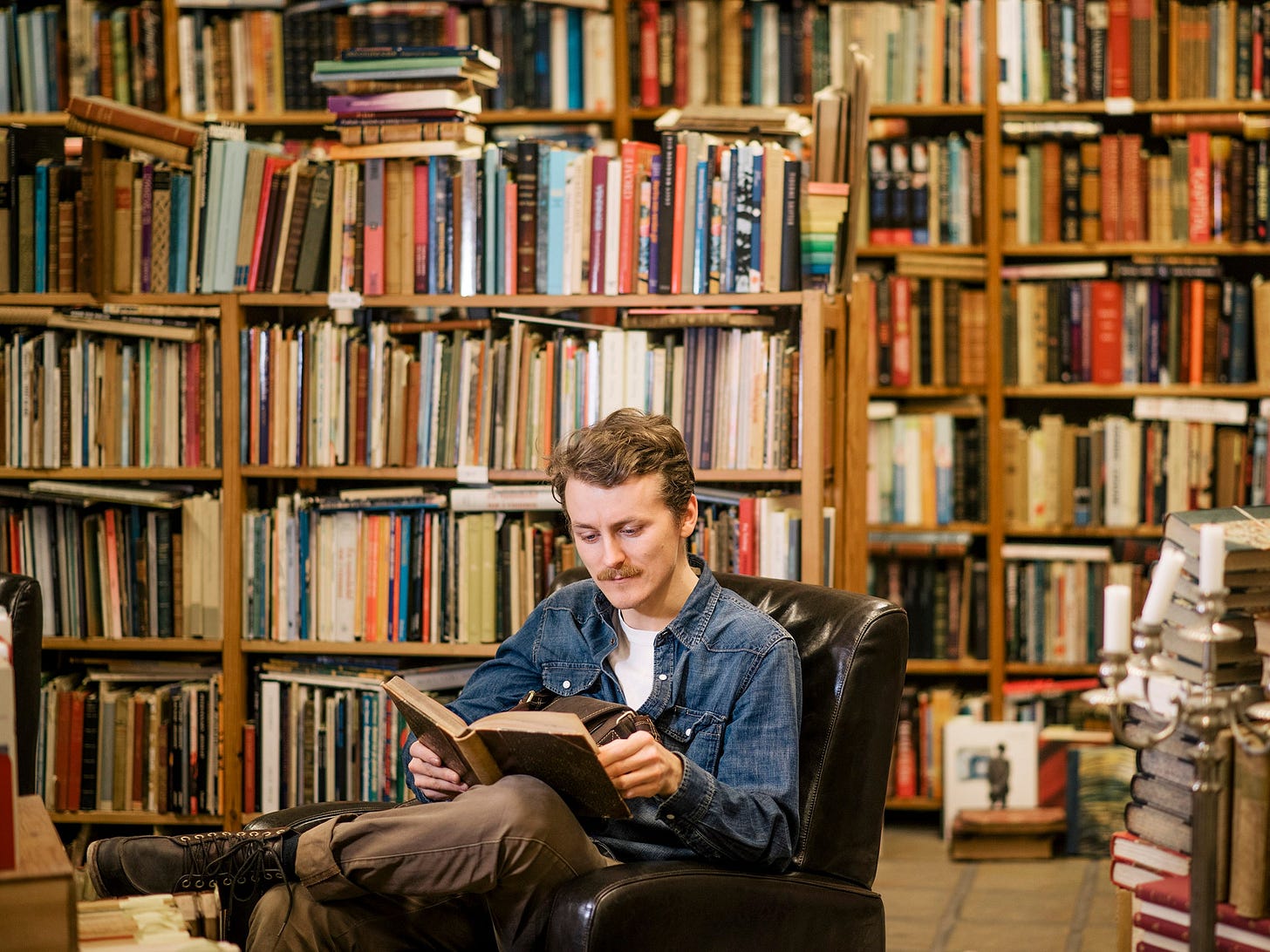Reading as a warning light
As I write this post at my bureau in the attic of my Derbyshire home I cannot help but notice that books are all around me. By my right-hand side is a rickety homemade bookcase my late father built for me. Made of spare dark wood and consisting of three levels there it stands struggling to maintain its integrity. On my left, are two sturdier but less i…
Keep reading with a 7-day free trial
Subscribe to Theory Matters to keep reading this post and get 7 days of free access to the full post archives.


